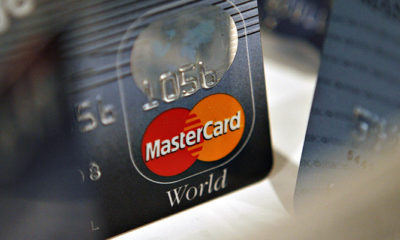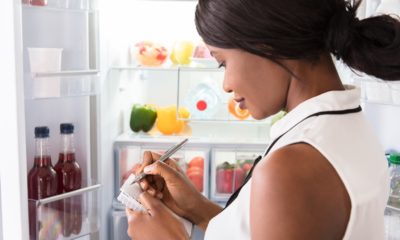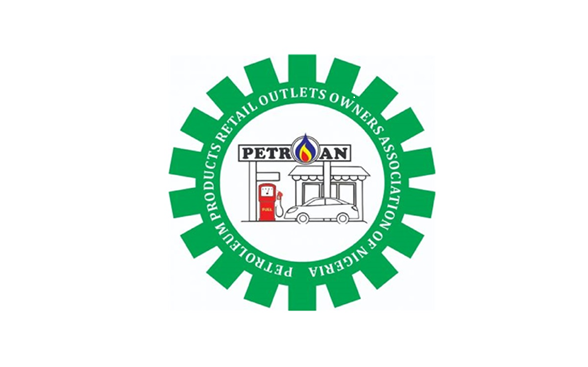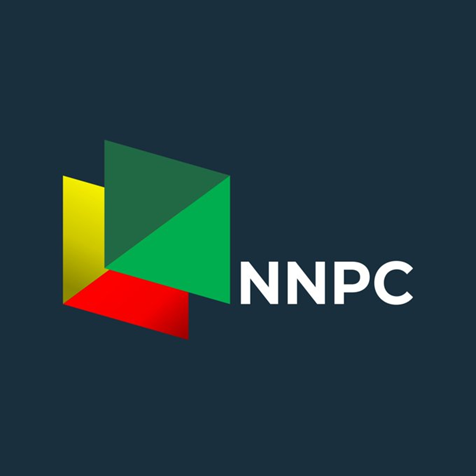Lagos, 3 February 2021 – Against the backdrop of the ongoing COVID-19 pandemic, the NielsenIQ Consumer Confidence Index (CCI) for West Africa has presented a more positive picture in Quarter 4, 2021 with Nigeria CCI at 114, reflecting a slow but steady return to levels above 120 seen during 2019, while Ghana continues to show an improvement to its current CCI of 123.
NielsenIQ West Africa MD Ged Nooy comments; “As the largest economy on the continent, Nigeria has managed to keep its COVID-19 infection rate relatively low in proportion to its 206-million population, however, its macro-economic prospects have been dampened by lower oil prices, increased food prices and rising inflation, together with a 50% VAT increase in 2020. Despite these challenges, Nigerian consumers remain upbeat about their prospects.”
This has seen improved confidence around job prospects, with 58% of consumers saying they will be good or excellent in the next 12 months – a 3-point increase from the previous quarter. In terms of the state of their finances over the next 12 months, 78% say they will be excellent or good, showing a substantial 11 point increase from the previous quarter. Nigerians’ propensity to purchase has unfortunately seen a 13 point decrease to just 27% of Nigerians who think now is a good or excellent time to purchase what they want or need.
In terms of whether they have spare cash left after paying for essentials, 26% of Nigerians say yes, down seven points from the previous quarter. Once they meet their essential living expenses, however, the highest number of consumers (78%) put their spare cash into savings, followed by 73% who spend it on home improvements and 61% who invest in stocks and mutual funds.
Squeezed wallets
Despite their more positive medium to long term outlook, their wallets remain tight with 80% of Nigerians saying they have changed their spending to save on household expenses compared to this time last year. To reduce expenses, the highest number of consumers (73%) said they have deferred the replacement of major household items, 63% are spending less on out of home entertainment and 56% less on at home entertainment .
Looking ahead, the top Nigerian consumer concern over the next twelve months is their children’s education and welfare at 22%, increasing food prices (16%) and the economy at 11%. Within this context, these drops reflect consumers’ confidence in the macro picture in terms of food inflation and overall economic performance.
A subdued outlook
Looking at Ghana’s performance, increased consumer confidence during the last two quarters has seen its overall index rise to 123. Fortunately, Ghanaians are still fairly optimistic in terms of their job prospects with 67% saying they will be good or excellent in the next year. In terms of the state of their finances over the next 12 months, 74% say they will be excellent or good –
Ghanaians propensity to purchase has also seen a considerable decrease half think now is a good or excellent time to purchase what they want or need.
Only 46% of Ghanaians say they have spare cash and once they meet their essential living expenses, the highest number of consumers (68%) put their spare cash into savings. This is followed by 57%who say they invest in shares and mutual funds and 56% on home improvements
Curtailed spending
When asked whether they had changed their spending to save on household expenses compared to this time last year, 73% of Ghanaians said yes. To reduce expenses, the highest number (49%) said delaying the replacement of major household items followed by 48% spending less on new clothes and 47% less on out of home entertainment.
When looking at the real-life factors that are affecting their outlook, the top consumer concern over the next twelve months is work/life balance (12%), followed by increasing food prices, job security and tolerance towards other religions – all at 11%.
Looking at the future outlook for Ghana, Nooy comments; “Ghana is likely to outperform the regional economic growth average in 2021 which bodes well for increased domestic demand and consumption levels. To benefit from these improved circumstances retailers will need to meet radically altered consumer, demands, needs and behaviours that will impact where they shop, what they buy, why they buy and how much they are willing to spend.”


 News3 weeks ago
News3 weeks ago
 Business3 weeks ago
Business3 weeks ago
 Technology3 weeks ago
Technology3 weeks ago
 Investment3 weeks ago
Investment3 weeks ago
 Banking Sector3 weeks ago
Banking Sector3 weeks ago
 Banking Sector3 weeks ago
Banking Sector3 weeks ago
 Appointments3 weeks ago
Appointments3 weeks ago
 Investment3 weeks ago
Investment3 weeks ago
























